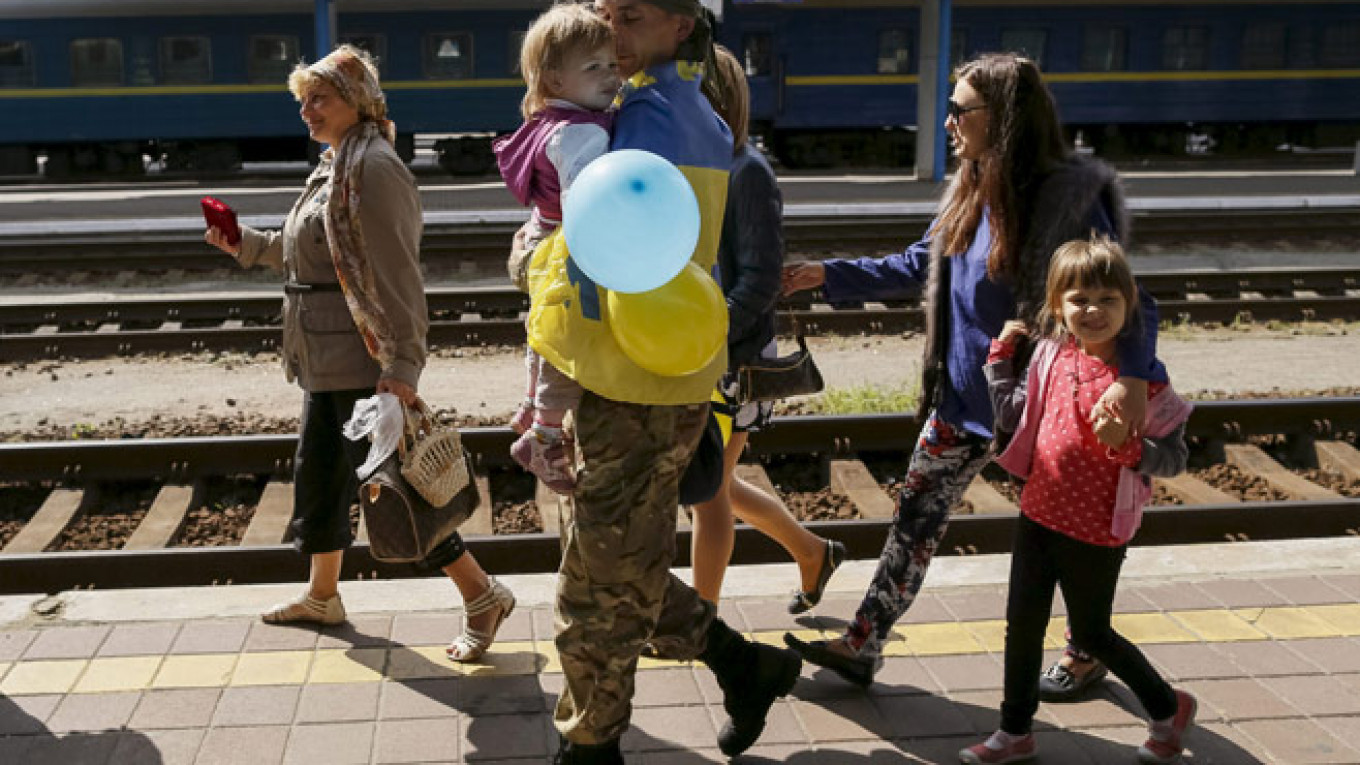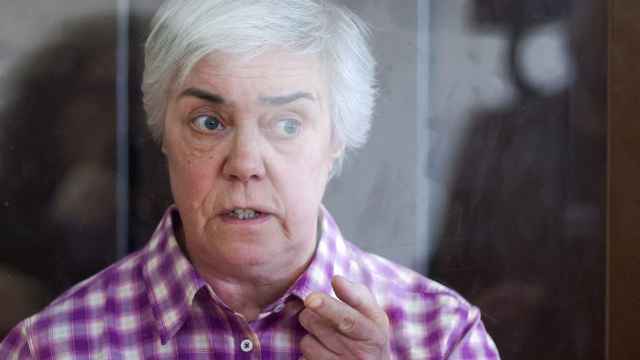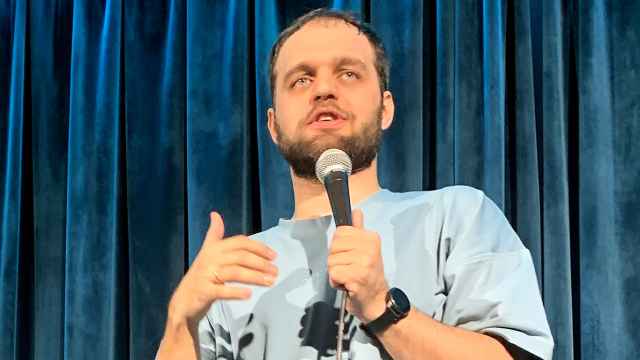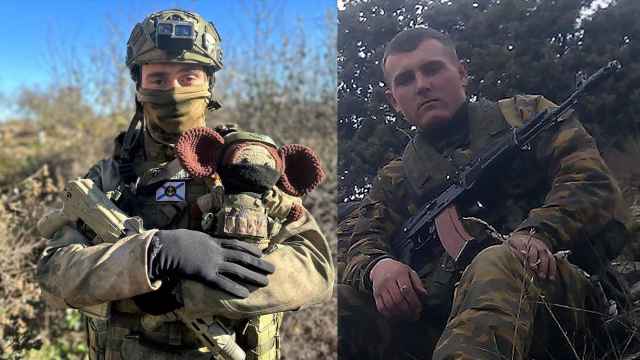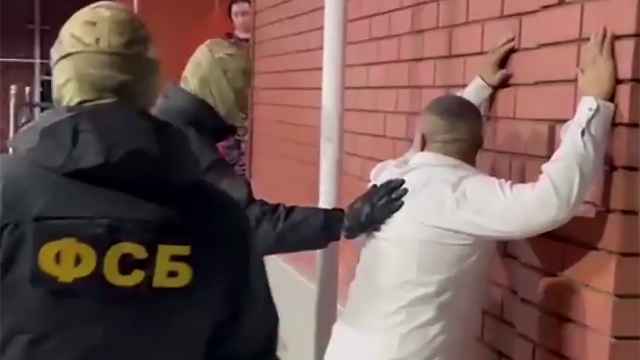KIEV — A renewed cease-fire in eastern Ukraine has held for more than 10 days, creating the possibility that political talks can move forward to resolve the conflict, the head of the Organization for Security and Cooperation in Europe said Saturday.
After a meeting with his Russian, Ukrainian and French counterparts later in the day, Germany's foreign minister said there had been progress and voiced hope of an agreement soon on withdrawing weapons.
Despite a cease-fire declared in February, both Ukrainian troops and the Russia-backed separatists carried out regular artillery strikes until they pledged anew to implement the truce on Sept. 1, the day children return to school. Some 8,000 people have been killed since the fighting began in April 2014, according to the UN.
OSCE Secretary General Lamberto Zannier said he had just come from the southeastern city of Mariupol and nearby Shyrokyne, a center of recent fighting, and the situation was calm. His group is charged with monitoring the cease-fire.
"So the cease-fire now has being holding for more than 10 days and that's good news, because that is opening now the space to make progress on a political level," he told The Associated Press.
Russian President Vladimir Putin also mentioned the cease-fire on Saturday, calling it the "main achievement" of efforts to find a peaceful solution to the crisis in eastern Ukraine.
The foreign ministers of Russia, Ukraine, Germany and France met in Berlin on Saturday night to discuss implementation of the February deal, ahead of a summit of the countries' leaders expected next month.
German Foreign Minister Frank-Walter Steinmeier said there had been progress "on some things" regarding implementation of that deal, reached in Minsk, news agency dpa reported.
He expressed hope that the warring parties could sign an agreement next week on withdrawing weapons from the front lines, and said the ministers agreed that a start could be made on removing land mines.
The Minsk deal provides for a political settlement, including local elections in areas under separatist control, but the Ukrainian government and the separatists have failed to agree on how those elections will be held.
The two rebel regions have announced plans to hold their own elections on Oct. 18 and Nov. 1, but the Kiev government has said those votes would be in violation of the cease-fire agreement.
Zannier said the OSCE was ready to send international observers to the elections if "the Ukrainian government tells us 'Yes, those elections are based on Ukrainian law.'"
A Message from The Moscow Times:
Dear readers,
We are facing unprecedented challenges. Russia's Prosecutor General's Office has designated The Moscow Times as an "undesirable" organization, criminalizing our work and putting our staff at risk of prosecution. This follows our earlier unjust labeling as a "foreign agent."
These actions are direct attempts to silence independent journalism in Russia. The authorities claim our work "discredits the decisions of the Russian leadership." We see things differently: we strive to provide accurate, unbiased reporting on Russia.
We, the journalists of The Moscow Times, refuse to be silenced. But to continue our work, we need your help.
Your support, no matter how small, makes a world of difference. If you can, please support us monthly starting from just $2. It's quick to set up, and every contribution makes a significant impact.
By supporting The Moscow Times, you're defending open, independent journalism in the face of repression. Thank you for standing with us.
Remind me later.


